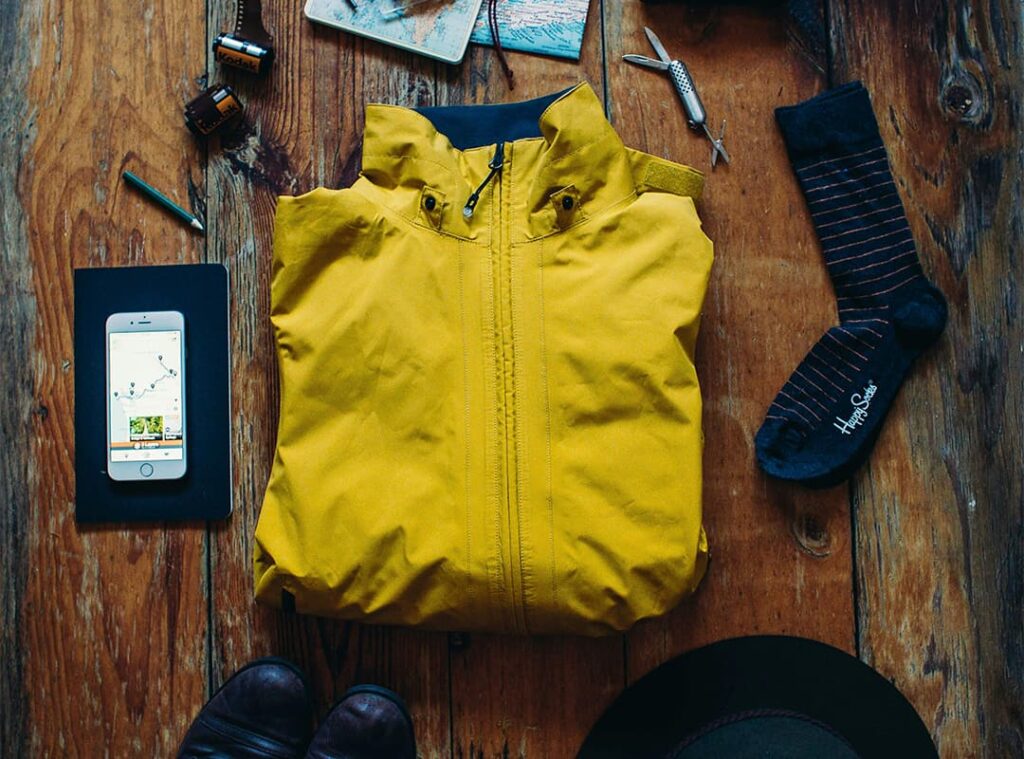Junior orienteering competitions, known as Junior WM (Junior World Orienteering Championships), attract young athletes from all over the world, giving them the opportunity to demonstrate their skills and achieve high results on the international stage. Preparing for these competitions requires not only physical endurance, but also strategic thinking, technical skills and mental toughness. In this article we will look at the key aspects of preparing for Junior WM.
Physical Preparation
Endurance Development: One of the main ingredients for success in orienteering. Regular running training, including long distance and interval runs, will help young orienteers develop the endurance needed to complete the challenging Junior WM courses.
Strength and Flexibility: Incorporating strength training and stretching into the training program will help prevent injuries and improve overall fitness. Exercises to strengthen the cortex, legs and back muscles are especially important for orienteers.
Speed and reaction: Sprinting requires speed and the ability to react quickly to changes in the environment. Interval training and quick reaction exercises will help improve these qualities.
Technical skills
Map Reading: The ability to read a map quickly and accurately is a key skill for success at Junior WM. Regular practice with maps of different scales and terrain types will help young athletes hone this skill.
Orienteering: Training in a variety of environments such as forests, mountains, fields and urban environments will help orienteers get used to different types of terrain and improve their orienteering skills.
Route selection: Knowing how to choose the best routes in the terrain is one of the most important aspects of successful orienteering. Young athletes should regularly practice making decisions and analyzing different routes.
Psychological preparation
Stress resistance: Junior WM competitions can be very stressful and the ability to cope with stress is an important factor for success. Mental training such as meditation, visualization and deep breathing techniques will help junior orienteers stay calm and focused.
Concentration and focus: The ability to maintain concentration throughout the course is key to successful course completion. Training to develop attention and memory will help improve these qualities.
Goal Setting and Motivation: The ability to set realistic goals and find the motivation to achieve them is an important aspect of preparation for Junior WM. Young athletes should learn how to develop training and competition plans, set intermediate goals, and evaluate their progress.
Practical tips for preparing for Junior WM
Participate in local and national competitions: Regular participation in competitions at various levels will help junior orienteers to gain competitive experience and improve their skills.
Analyzing previous competitions: Studying maps and reports from previous Junior WM competitions will help to understand what mistakes were made and how to avoid them in the future.
Training with mentors and coaches: Working with experienced mentors and coaches will help junior athletes to gain valuable advice and guidance and to adjust their training plans.
Preparing for Junior WM requires a comprehensive approach that includes physical training, technical skill development and mental preparation. By paying attention to each of these aspects, young orienteers will be able to achieve high results and perform successfully at world competitions. Junior WM is not only a test of sports skills, but also an opportunity for young athletes to show their best qualities and reach new heights.
